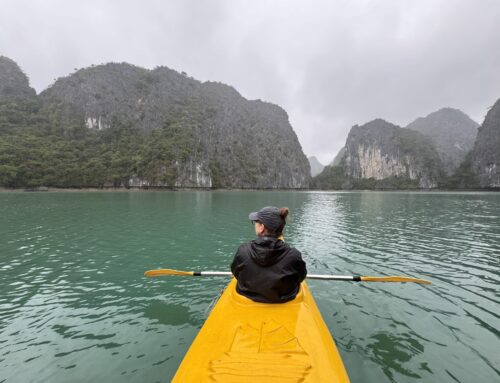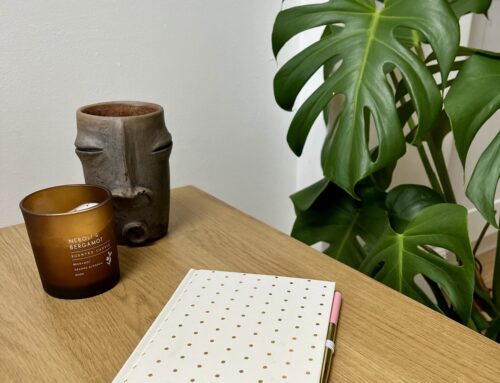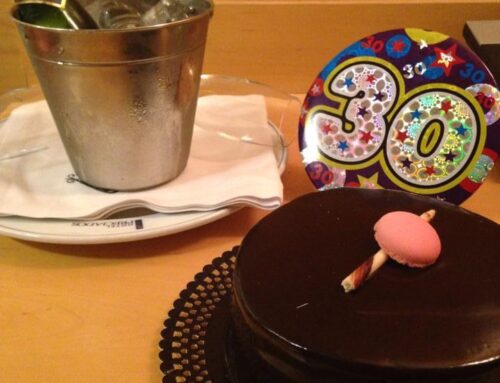Dr Charlotte Russell, Clinical Psychologist & Founder
For many of us travel is something we really value. This in itself can mean that the pressure to have the ‘perfect’ holiday can be high. Of course the sky rocketing cost of flights and hotels can add to this pressure, meaning that are expectations of travel can be even greater. We all know that overly high expectations can be unhelpful, but how can we manage our expectations when the stakes feel so high? In this article I’m going to talk you through how we can begin to set realistic expectations and how this can enhance our enjoyment of our trip.
How expectations are related to well-being
In recent years neuroscientists at University College London have been conducting a programme of studies exploring what contributes to our ‘happiness’. They found in large number of participants that having realistic expectations results in us feeling more satisfied (Rutledge et al., 2014). This of course sounds very plausible; in life if we expect there to be challenges or that things may not always go as planned, we are less likely to feel disappointed or disheartened. We may also to take challenges in our stride.
As a practicing psychologist I would certainly agree that those who are more realistic in all aspects of life tend to fare better. If we expect there to be challenges, we are more likely to be prepared when these challenges arise. If we are aware that we are not always going to feel amazing, we will be more likely to cope when we’re having a bad day. It helps to be able to give ourselves the message that “not everything is going to be perfect, but I’m going to do my best to have a good time”.
So with this in mind, here are my tips on how to manage your expectations.
Be clear, but not rigid about your hopes
According to tourism research, there are four main motivations for booking a trip; novelty seeking, relaxation or escape, relationship enhancement, or self-development (Pearce and Lee, 2005). These are very broad categories and it may be helpful to be more specific and to use your own words about what you may be seeking from your trip. Examples may include having adventures, seeking a different perspective, experiencing a new culture, spending time with your partner etc. These motivations will change based on your life stage and circumstance so it can be helpful to think carefully about this.
Our internal motivations are known as ‘push’ factors, and the characteristics of destinations that draw us are called ‘pull’ factors (Klenosky, 2002). Obviously it is helpful to ensure there is a match between hopes for your trip, your own personality and preferences, and the destination, and even the accommodation you choose. So for me, as an introvert if I was seeking relaxation it’s unlikely that a week in Las Vegas would be my cup of tea! However if I wanted to experience something different and was willing to prepare myself psychologically for the feeling of sensory-overwhelm then I would be more likely to enjoy it.
Dealing with challenges
Being clear about what you want from your trip can help. On the other hand, being rigid can be unhelpful.
Let’s say you’ve saved up for two years and you expect everything to go perfectly and to feel 100% happy all of the time when you’re away. This is a recipe for being disappointed. One way to mitigate this is to think in advance about how you might ‘reframe’ or view any challenges. For example, seeing the hassle of flight delays as ‘worth’ the chance to get away. You might reframe challenges as part of the adventure of a trip. It can also help to think about how you might want to respond if things go wrong, for example committing to being calm and constructive if things do not go as hoped.
As a personal example, last year I celebrated my 40th birthday in Mexico City and Oaxaca. Overall, the trip was incredible, but unfortunately on my actual birthday the food and service for dinner was disappointing. It was ok but not what you hope for when celebrating a milestone birthday. However I took the view that the whole trip, and not that one particular meal was my opportunity to celebrate. This helped me to ‘zoom out’ and take into account all of the amazing experiences I did get to have. When I look back I remember the most special meal that I had in Oaxaca a couple of days later. The disappointing experience doesn’t define my trip and to be honest I hadn’t really thought about it until I sat down to write this article.
Appreciating the positives
It is well established that we adapt to experiences and circumstances that are enjoyable and pleasurable. This means that even in ‘ideal’ circumstances our positive emotions can reduce very quickly, an effect known as ‘hedonic adaptation’ or the ‘hedonic treadmill’. To put it another way, we naturally get used to pleasurable things and they no longer feel as enjoyable.
I’m telling you about this so that we can be aware of it and takes steps to mitigate it. One way to correct this bias in our attention is to intentionally focus on the positives. For example, we might list experiences that we are grateful for on each day of our holiday. It can also help to stay fully ‘present’ for the small everyday pleasures by using techniques such as mindfulness.
I’m going to finish by sharing another anecdotal experience to bring these points to life. Many years ago I left a difficult job and embarked on a solo trip around Italy and Greece. So many things went wrong, from choppy seas and ferry strikes, to missed flight connections, being stuck in Athens for two days, and an Uber driver that got us both very lost! Despite the challenges, I thoroughly enjoyed my trip and still look back with fond memories often. I can still remember sitting in Naples with a coffee and a brioche watching the world go by, and the sensations of being in the water on many Greek beaches. For me what I needed at that time in my life was adventure, perspective and to regain confidence in my ability to deal with whatever life threw it me. It certainly provided that!
Conclusion
Managing our expectations when it comes to travel can be difficult. However it is important that we endeavour to be realistic, or we risk feeling disappointed and frustrated on our trip. We can help ourselves to be realistic by setting intentions for our trip and by thinking about how we want to manage disappointments if they arise. We can also think about how to deal with challenges constructively and endeavour to not allow these to negatively impact on our enjoyment pf our trip. Lastly, being intentional in focusing on the positives can help us to fully enjoy and appreciate our trip.
If you found this helpful check out out previous post How can I make the most of a disappointing trip?
References
Cohen, S. A., Prayag, G., & Moital, M. (2014). Consumer behaviour in tourism: Concepts, influences and opportunities. Current issues in Tourism, 17(10), 872-909.
Klenosky, D. B. (2002). The ‘pull’ of tourism destinations: A means-end investigation. Journal of Travel Research, 40, 385 –395
Pearce, P. L., & Lee, U. I. (2005). Developing the travel career approach to tourist motivation. Journal of Travel Research, 43, 226 –237
Rutledge RB, Skandali N, Dayan P, Dolan RJ (2014) A neural and computational model of momentary subjective well-being. Proceedings of the National Academy of Sciences USA 111, 12252-12257.





